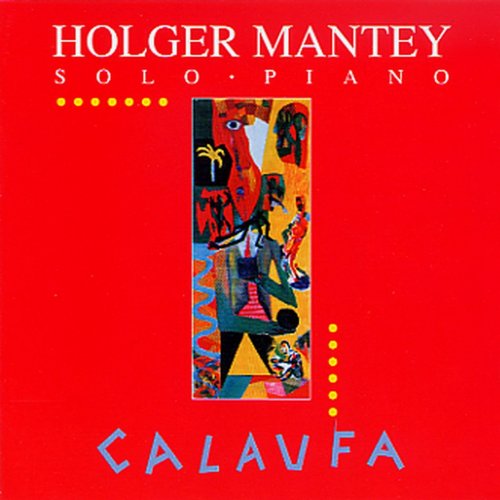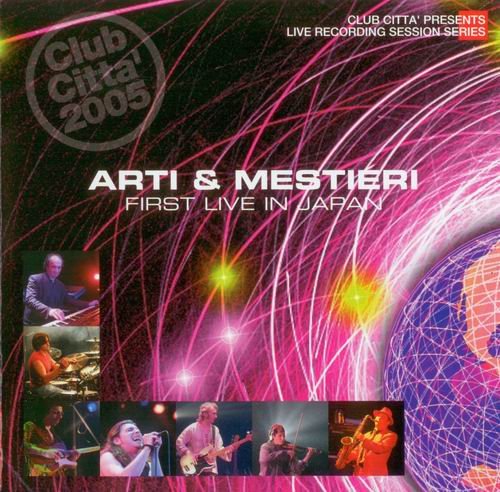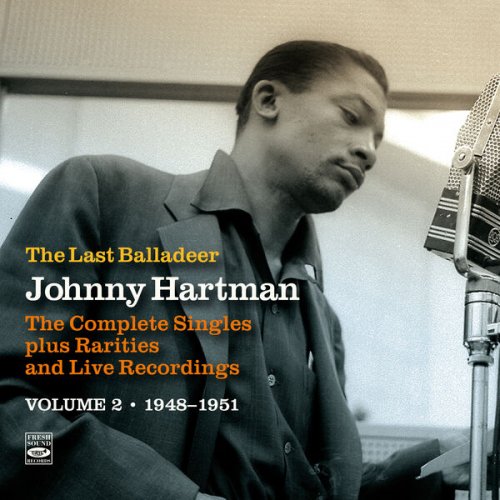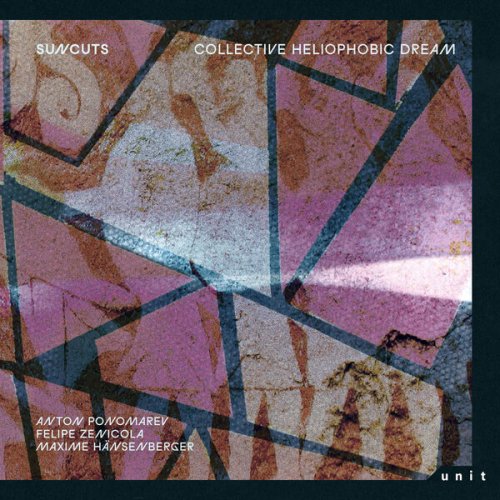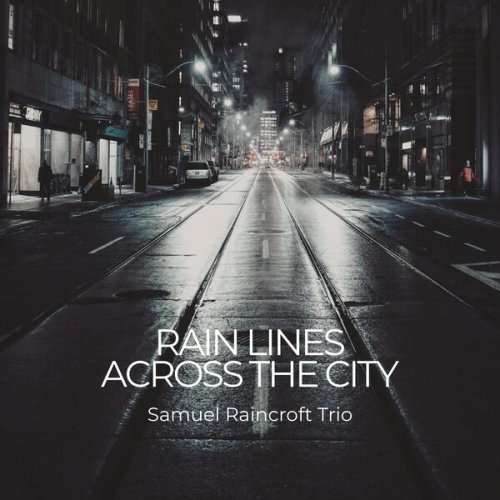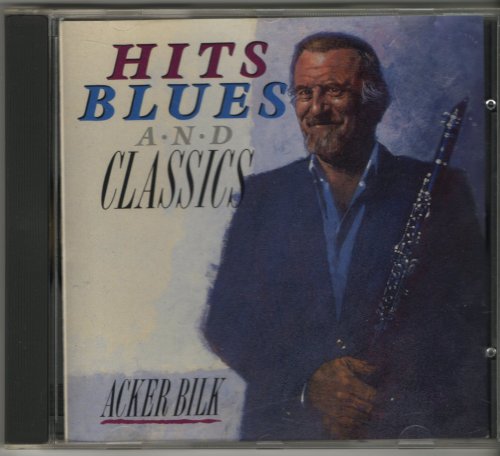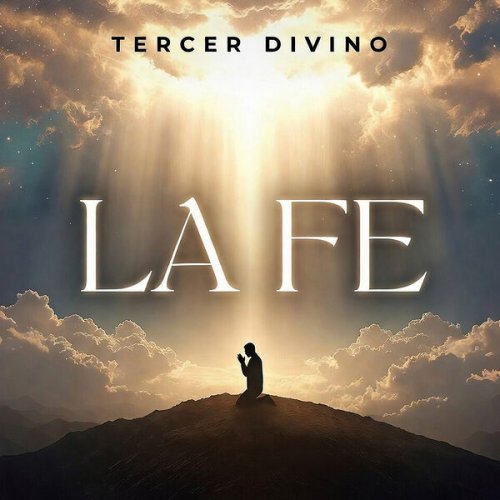Jared Dustin Griffin - The Perseverance of Sisyphus (2025)
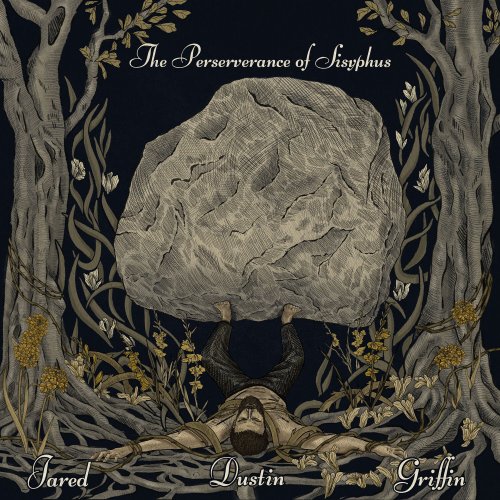
Artist: Jared Dustin Griffin
Title: The Perseverance of Sisyphus
Year Of Release: 2025
Label: First City Artists
Genre: Alt Folk, Singer-Songwriter
Quality: 320 / FLAC (tracks)
Total Time: 35:36
Total Size: 84 / 232 Mb
WebSite: Album Preview
Tracklist: Title: The Perseverance of Sisyphus
Year Of Release: 2025
Label: First City Artists
Genre: Alt Folk, Singer-Songwriter
Quality: 320 / FLAC (tracks)
Total Time: 35:36
Total Size: 84 / 232 Mb
WebSite: Album Preview
01. I am the Cavalry (3:31)
02. Shovel (3:05)
03. Turn Me Loose (2:13)
04. Two Devils (5:24)
05. Bags of Bones (4:21)
06. Howl at the Moon (2:37)
07. Shook (4:03)
08. Annely's Lament (2:34)
09. Puncher's Chance (3:35)
10. Opal (4:16)
Jared Dustin Griffin’s sophomore album – “The Perseverance of Sisyphus” – could be seen as dreary yet formidable. It is a brooding rumination on what happened in the past tense and what awaits ahead in the dark and cold days to come. On ‘Shovel,’ Griffin intones in a gravelly baritone: I’ve come through hell to find salvation / I’ve brought a shovel for when I’m done / And I have come to dig my dirt / It’s just the pain that burdens the hurt. This is a soft, wistful track about the end of a relationship, with Griffin’s character wishing he could have done more.
Past comparisons made between Griffin and icons like Tom Waits and Leonard Cohen can be made, but Griffin’s work stands on its own as well. Warm with yearning and steely with certainty, the song chronicles the impossibility of separating two intertwined lives. “I promised you the river, but I gave you the well.” His voice is vulnerable, a reflection of his intensity, over a dark, forlorn acoustic guitar. His simple yet poetic lyrics feel even more melancholy thanks to the slight twang in his voice and Heather Little’s harmony vocals.
This album draws upon two decades of commitment to making music, as well as the untethered and at times precarious lifestyle that it required. It’s a look back at a long journey with allegedly little to show for it—exempting, of course, a nourished soul, a passion fulfilled, and a life honestly lived. The album opens with ‘I am the Cavalry,’ a poetic retrospect and ode to the power of recognising one’s own sacrifices and moving forward with grace: Onward through the valley ahead / The shadows shed light where the river bends / I carry the sick and I bury the dead / And make peace with my suffering. With a little imagination, you can almost hear the blast of a musket and a mangled leg enduring a saw during the American Civil War.
In ‘Puncher’s Chance’ Griffin wrestles with the isolation and rigidness that come when the temperature drops and evil walks the land. The hills turn black with the falling of the sun / And the high winds blow so wild and free / The moon cries low, and with it evil comes / I must go, I’m sorry. Moody guitar and harmonica coalesce into a restless lament that exists in the middle space between staying contained and being set free, intimate in its bone-focused lyrics like one of the best tracks, ‘Bags of Bones.’
The song is a masterwork of emotional intensity, written as, in Griffin’s own words, “a portrait of relentless drive, a body rattling in pursuit of perfection, and the cost of giving everything to the muse.” The song evolves from the wiry weep of a solitary fiddle into a cinematic chorus of human anguish. You said we’re born just to die here / So the little I do / The little I don’t / It won’t mind us. There’s an ache to the sentiment, to the futility of one’s search for meaning. But as Griffin’s honeyed bellow echoes and grows, joined by soulful harmonies, sublime piano flourishes, and rapturous strings, there’s also a sense of relief—even celebration. What begins as a lament ends as an anthem, an exhilarated embrace of mortality, of the arbitrariness of existence.
Griffin’s lyrics are painfully relatable and likely deeply cathartic to him, a vocal tremble here as if his voice could give out at any second but won’t. His struggle to become a singer-songwriter is not unusual, but nevertheless, there were prices to be paid and self-doubt. He spent his twenties in motion—playing in rock bands; sleeping on couches, floors, benches; battling alcoholism and addiction; assuming all volatility as the requisite toll for a life dedicated to art. “Relationships, physical comfort, emotional stability, financial well-being—the dream can take everything from you,” says Griffin. “I guess I always had the choice to stop, but it never felt like an option. Not a real option.” In his early thirties, he came very close. He was living in Tulsa, in a van repeatedly broken into, and hadn’t written a song in a year. “I was looking around and seeing everyone who I’d come up with give in to different lives.” He moved back to the Bay area and took on day jobs, entertaining the notion of a more stable direction. As the pressure lifted, the songs came out in floods.
“The Perseverance of Sisyphus” feels spectral, ancient, even biblical at times. His lyrics lean theological—summoning the angels, the devil, the blood of lamb—but Griffin’s devoutness pertains to the inherently holy experience of man. As in standout song ‘Shook,’ he illuminates the unrelenting rigour of simply being alive: It’s never really gone / The things that we’ve been through / Life has shook me just like it will shake you.
The entire album prevails as an anthem for the place that exists after an action and inside its consequence. Prices are being paid, and hope is our currency. Griffin is singing about endurance, faith, agency, and the singular, unbelievable path toward one’s own fate.
Past comparisons made between Griffin and icons like Tom Waits and Leonard Cohen can be made, but Griffin’s work stands on its own as well. Warm with yearning and steely with certainty, the song chronicles the impossibility of separating two intertwined lives. “I promised you the river, but I gave you the well.” His voice is vulnerable, a reflection of his intensity, over a dark, forlorn acoustic guitar. His simple yet poetic lyrics feel even more melancholy thanks to the slight twang in his voice and Heather Little’s harmony vocals.
This album draws upon two decades of commitment to making music, as well as the untethered and at times precarious lifestyle that it required. It’s a look back at a long journey with allegedly little to show for it—exempting, of course, a nourished soul, a passion fulfilled, and a life honestly lived. The album opens with ‘I am the Cavalry,’ a poetic retrospect and ode to the power of recognising one’s own sacrifices and moving forward with grace: Onward through the valley ahead / The shadows shed light where the river bends / I carry the sick and I bury the dead / And make peace with my suffering. With a little imagination, you can almost hear the blast of a musket and a mangled leg enduring a saw during the American Civil War.
In ‘Puncher’s Chance’ Griffin wrestles with the isolation and rigidness that come when the temperature drops and evil walks the land. The hills turn black with the falling of the sun / And the high winds blow so wild and free / The moon cries low, and with it evil comes / I must go, I’m sorry. Moody guitar and harmonica coalesce into a restless lament that exists in the middle space between staying contained and being set free, intimate in its bone-focused lyrics like one of the best tracks, ‘Bags of Bones.’
The song is a masterwork of emotional intensity, written as, in Griffin’s own words, “a portrait of relentless drive, a body rattling in pursuit of perfection, and the cost of giving everything to the muse.” The song evolves from the wiry weep of a solitary fiddle into a cinematic chorus of human anguish. You said we’re born just to die here / So the little I do / The little I don’t / It won’t mind us. There’s an ache to the sentiment, to the futility of one’s search for meaning. But as Griffin’s honeyed bellow echoes and grows, joined by soulful harmonies, sublime piano flourishes, and rapturous strings, there’s also a sense of relief—even celebration. What begins as a lament ends as an anthem, an exhilarated embrace of mortality, of the arbitrariness of existence.
Griffin’s lyrics are painfully relatable and likely deeply cathartic to him, a vocal tremble here as if his voice could give out at any second but won’t. His struggle to become a singer-songwriter is not unusual, but nevertheless, there were prices to be paid and self-doubt. He spent his twenties in motion—playing in rock bands; sleeping on couches, floors, benches; battling alcoholism and addiction; assuming all volatility as the requisite toll for a life dedicated to art. “Relationships, physical comfort, emotional stability, financial well-being—the dream can take everything from you,” says Griffin. “I guess I always had the choice to stop, but it never felt like an option. Not a real option.” In his early thirties, he came very close. He was living in Tulsa, in a van repeatedly broken into, and hadn’t written a song in a year. “I was looking around and seeing everyone who I’d come up with give in to different lives.” He moved back to the Bay area and took on day jobs, entertaining the notion of a more stable direction. As the pressure lifted, the songs came out in floods.
“The Perseverance of Sisyphus” feels spectral, ancient, even biblical at times. His lyrics lean theological—summoning the angels, the devil, the blood of lamb—but Griffin’s devoutness pertains to the inherently holy experience of man. As in standout song ‘Shook,’ he illuminates the unrelenting rigour of simply being alive: It’s never really gone / The things that we’ve been through / Life has shook me just like it will shake you.
The entire album prevails as an anthem for the place that exists after an action and inside its consequence. Prices are being paid, and hope is our currency. Griffin is singing about endurance, faith, agency, and the singular, unbelievable path toward one’s own fate.
![The Voros Collective - Intercontinental Man (2026) [Hi-Res] The Voros Collective - Intercontinental Man (2026) [Hi-Res]](https://www.dibpic.com/uploads/posts/2026-03/1772344932_cover.jpg)
